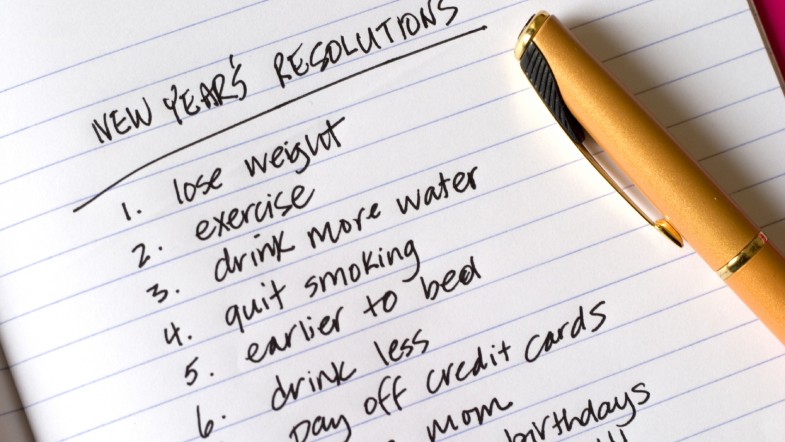If you want to live a happy life, tie it to a goal, not to people or things. —Albert Einstein
Most New Years resolutions fail by February because we lack skill or motivation or both. Setting all-or-nothing goals, goals that are too vague, unrealistic, too ambitious, too numerous, or goals that we really don’t want to do, set us on a road to frustration and failure. Changing behavior requires sustained priority setting and focused effort on ourselves and our environment. Here are a few tips gleaned from the science on successful goal setting and attainment which can dramatically increase your success:
Goal-setting, when challenging, specific and aligned with one’s values can make a tremendous difference in a persons life. Deeply meaningful goals set us up for cascading success. When adults reach important goals, it leads to a deep sense of satisfaction and contributes to well-being. Don’t make them too easy. (Michael Phelps set challenging and specific goals at age 11).
The term “resolution” sets us up for “all-or-nothing” thinking. Expect mistakes and imperfection and your firm determination to occasionally falter. Better to “move in a direction” and expect slips and backslides but keep forward momentum toward the goal no matter what. Think of a toddler learning to walk, with each fall, she gets up, moves forward. The falls do not stop her.
Those that have no goals do worse than those who set goals. One study found that of people who set goals for New Years, 46% were successful at 6 months compared with 4% who did not set goals. Some people use birthdays or other milestones, but goal setting is strongly associated with a flourishing life.
Whatever has happened in the past has no impact on what you can do with your future. None
Writing down goals creates accountability to yourself. When you involve others in your goals it often galvanizes positive action
The same principles of goal-setting apply to personal behavior and the professional realm. So building expertise on goal setting and attainment is a crucial life skill.
Our deepest fear is not that we are inadequate. Our deepest fear is that we are powerful beyond measure. It is our light, not our darkness, that most frightens us. —Marianne Williamson

